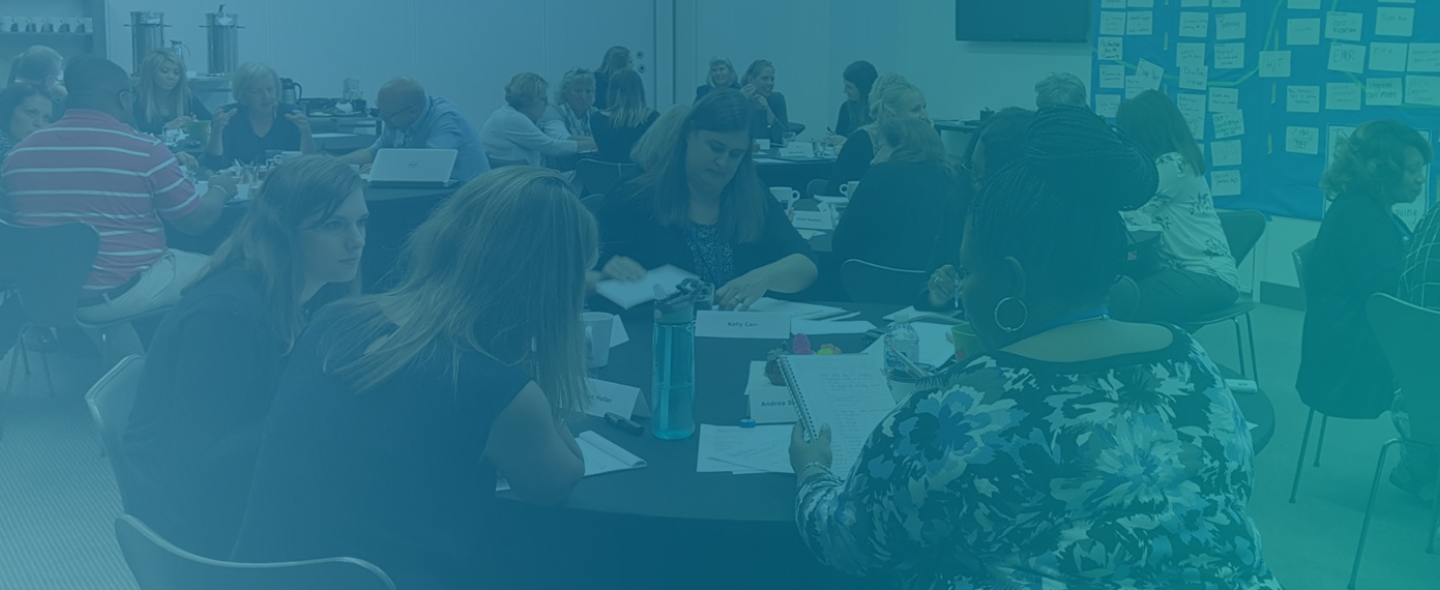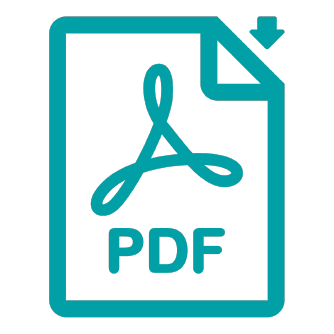
Collaboration
More and more organizations recognize that moving toward population health and addressing the complex issues seen within rural health care call for collaboration with unique sets of partners and stakeholders. The National Rural Health Resource Center believes in the strength of developing partnerships and collaboratives to create synergy among rural health organizations and to improve the health of rural communities.
The resources listed below provide frameworks as rural health organizations consider their next steps in developing key relationships for achieving improved outcomes in rural health. These tools and presentations can also help organizational and community leaders build the skills needed to initiate, foster and strengthen collaboratives or partnerships.
Assessments
This free tool can help networks assess their collaboration on 20 research-tested success factors. Established networks can use the inventory to troubleshoot problems, demonstrate successes and uncover differences in how members perceive the collaboration.
PARTNER is a social network analysis tool designed for use by coalitions to demonstrate how members are connected, how resources are leveraged and exchanged, the levels of trust, and to link outcomes to the process of collaboration.
Tools for Implementation

This guidebook describes how rural communities can develop and maintain organizational and community partnerships among local health departments, community health centers, health care organizations, offices of rural health, hospitals, and nonprofit organizations.
Amy Edmonson, Professor of Leadership and Management at Harvard Business School, studies “teaming”. In this video, she shares the strategies that successful teams use when they must quickly come together to solve challenging problems.

The Action Guide is a framework to help multi-sector groups work together to improve population health. It is organized by 10 elements and contains definitions, recommendations, practical examples, and a range of resources written in plain language to be as accessible as possible for all types of stakeholders.
The Collective Impact Forum resource library shares stories, insights, and expertise from those in the field working on collective impact efforts. By working across sectors to share experiences and knowledge, together we can help accelerate the effectiveness and further adoption of the collective impact approach.
Peter Senge (author, The Fifth Discipline), John Kania (managing director, FSG), Molly Baldwin (CEO, Roca), and Alan Khazei (CEO and founder, Be The Change, Inc.) reflect on what it takes to be a system leader and offer their perspectives on the importance of this thinking when working on critical social issues.
The Partnership for Public Health project, here is a suite of tools and resources that showcase leading strategies for active collaboration in community health.
For a network to collaborate effectively and reap the benefits of multiple perspectives, members and partners must actively participate in the conversation. This can be a real challenge when group members have different priorities, agendas, and levels of interest.


